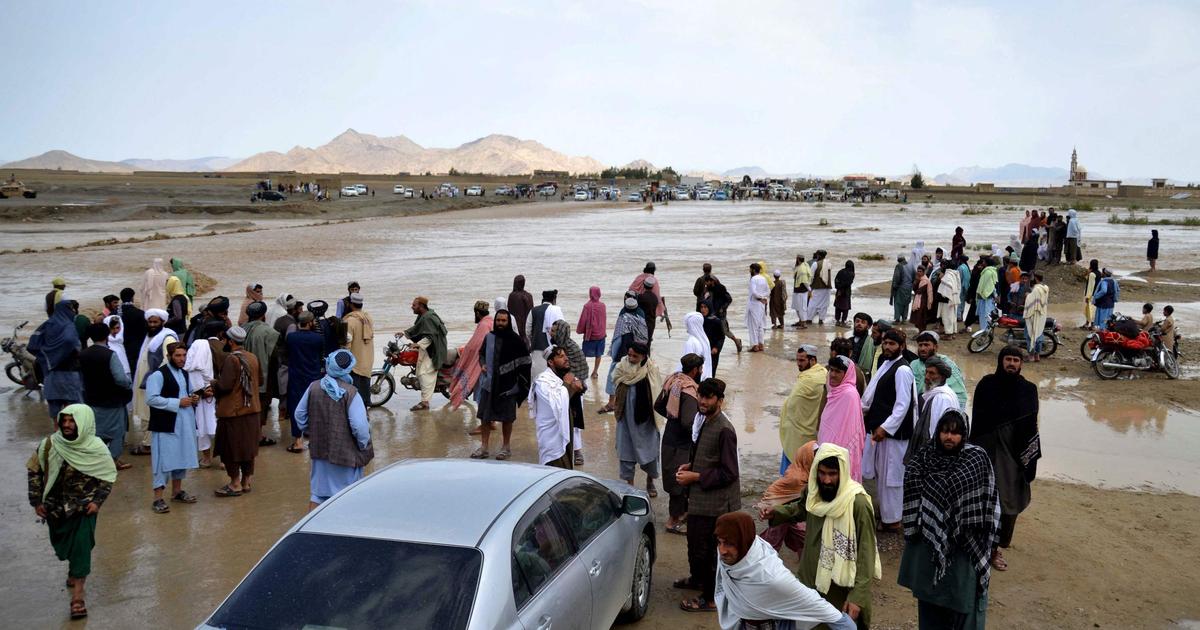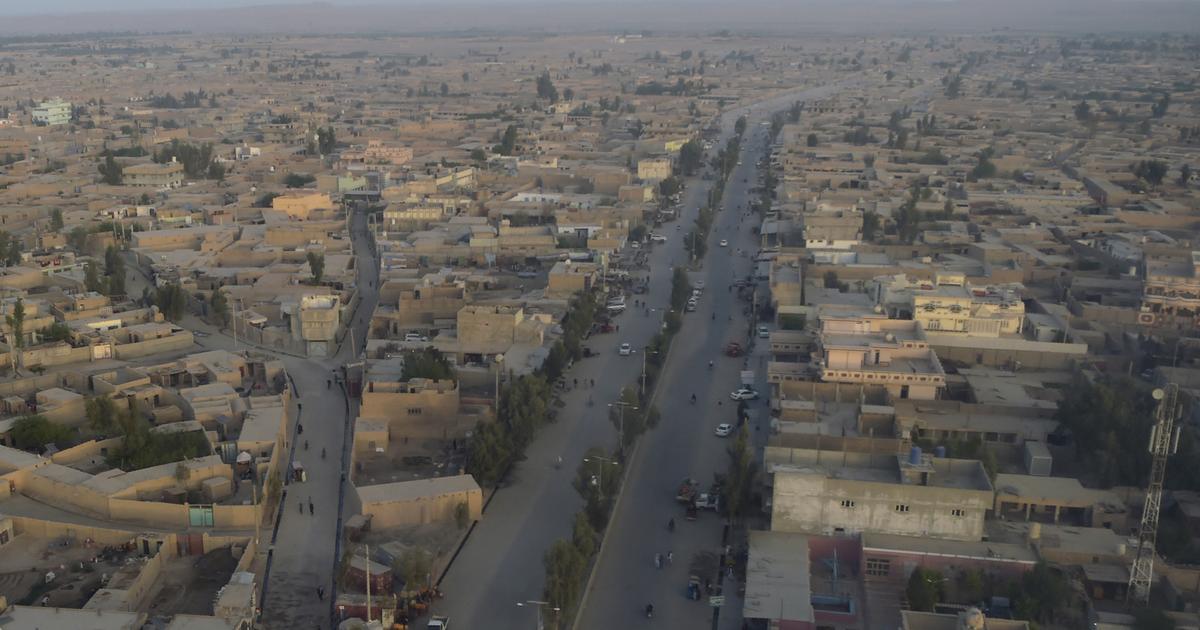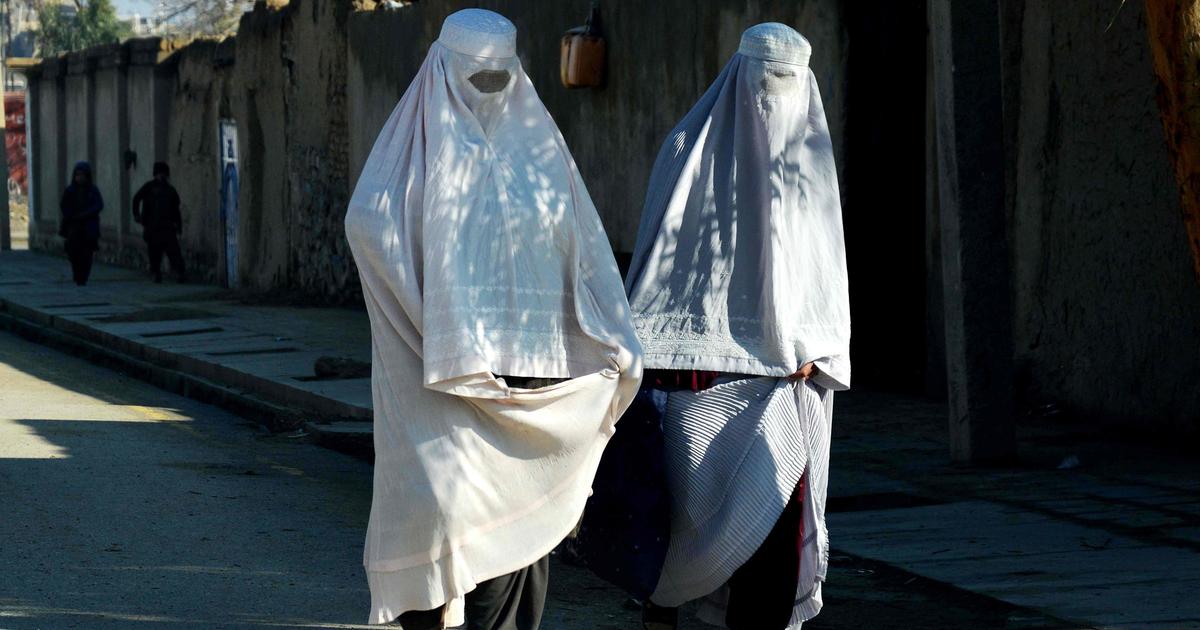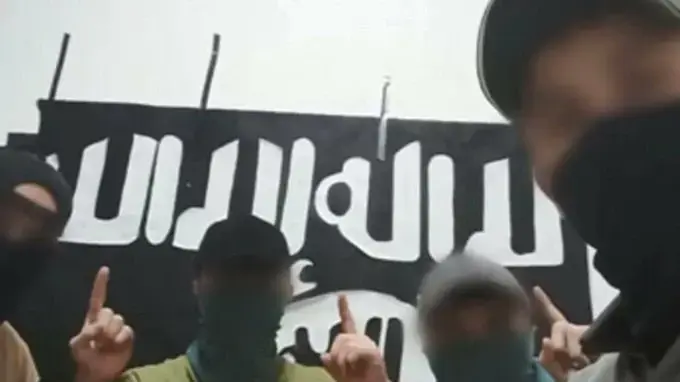Before August 15, 2021, more than half of Afghans were already living below the poverty line.
Since the capture of Kabul by the Taliban, the situation has only worsened.
The country, deprived of international aid on which it is largely dependent, has lost 80% of its income.
Consequence: wages fall, prices rise, malnutrition accelerates, child labor spreads and hospitals saturate.
Le Figaro
takes stock of the humanitarian and social crisis in Afghanistan, six months after the return to power of the Taliban.
Read alsoIn Kabul, living hidden in the terror of the Taliban order
Generalized malnutrition
In a report published at the end of December, the UN already alerted the international community: without action on its part, "
55% of Afghans risk not having enough food and could suffer from famine in the next six months
".
Another alarming figure, around 130,000 children would risk dying of malnutrition if their living conditions were not taken care of.
“
Cities are less affected by malnutrition than rural areas,
” analyzes the NGO Action Against Hunger.
The south of the country is particularly affected because in addition to the economic and political crisis, the region is suffering from severe droughts.
“
It is an area that is 90% agricultural.
So we see whole villages abandoned in favor of the cities, where we still find a little food
”.
Read alsoAfghanistan: EU restores “minimal presence” in Kabul
But in cities like Kabul, while the markets offer food, few Afghans can buy it.
Hundreds of thousands of them are now unemployed, and civil servants or administrative staff no longer receive a salary.
The sudden stop in financing has also caused a liquidity crisis: withdrawals are limited to 400 dollars per week, in the few banks that hold enough funds.
The cost of food has meanwhile exploded: “
The price of conventional food has doubled or even tripled.
Instead of being paid with wages, some are paid with a bag of wheat
,” says Karim Pakzad, associate researcher at IRIS and specialist in Afghanistan.
"
In front of the bakeries, you can see women sitting on the ground, in the snow, waiting for a benefactor who has money to give them a piece of bread
."
This results in extreme situations, like that of this couple in the west of the country who, a few months ago, put their daughter up for sale to be able to feed themselves.
Women and children on the front line
Children are on the front line of this humanitarian crisis.
In particular because, for lack of money, their parents ask them to work.
“
The priority is no longer going to school, it's eating
,” explains Karim Pakzad, according to whom “
in the big cities, hundreds of thousands of children work.
We find, for example, young girls waiting in the cold to be able to clean the shoes of passers-by
”.
Moreover, for the researcher, “
even if the situation improved in the country, the children would not return to school: they have been separated from educational institutions for too long
”.
Read alsoAfghanistan: public universities reopen, with some female students
Despite the context, schools have gradually reopened but under special conditions.
Young girls must be separated from boys from secondary school, and only female teachers can teach female students.
The rules will be the same in universities, which are due to reopen on March 21.
But the country is sorely lacking in teachers.
“
For six months, 640 university professors have fled the country for neighboring countries, Europe or the United States.
Who stays here to teach?
Surely the Taliban who will teach Sharia”
, deplores the specialist.
Women, on the other hand, see their rights and freedoms reduced to a trickle.
The measures and restrictions against them are multiplying.
“
For a few years, young people used to celebrate Valentine's Day.
But the Taliban warned them: every boy and girl caught walking together that day would be systematically arrested and given a marriage contract
,” says Karim Pakzad.
Before continuing: “
It can be two friends, or two cousins, they will be forced to marry
”.
Other decisions apply daily: the prohibition to take a taxi alone, to exercise a "
long journey in town alone
", to broadcast television series including women or the obligation to wear a hijab.
Several trades are nevertheless authorized to them, as long as a strict separation between men and women is exercised.
At the hospital, for example, doctors and nurses are only allowed to take care of women.
"
You see, inside the clinics, armed Taliban who ensure that women do not take care of men
", describes the researcher.
Weakened hospitals
Hospitals and the health system have also been weakened by the crisis.
"
They were already unable to meet the needs before the Taliban took over
," says Filipe Ribeiro, representative of Doctors Without Borders in Afghanistan.
But with funding cut overnight, the system is struggling to sustain itself.
Direct consequence: entire sections of the health system are no longer funded at all.
Among them, “
specialized hospitals such as those which take care of drug addiction, tuberculosis, oncology services, Covid centers,
lists Filipe Ribeiro
.
Only access to primary and secondary health care is more or less maintained
”.
However, this access is not guaranteed for the future: “
The financing of services and hospitals only lasts a few months,
continues the representative before concluding.
For example, we know that the system we work with is insured until June.
But after?
What if equipment is missing or breaks down?
We have no prospect, no way of knowing whether the hospitals that are open today will remain so
.”

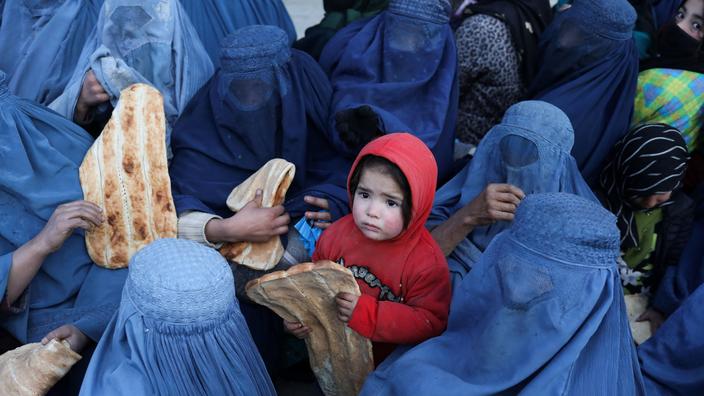
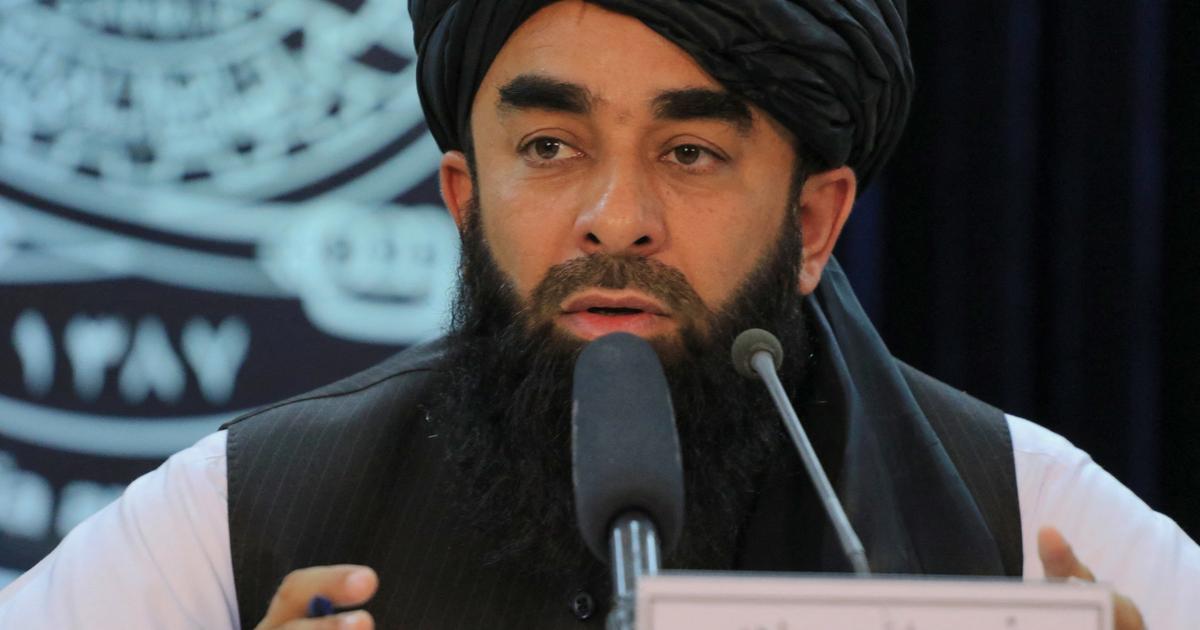
/cloudfront-eu-central-1.images.arcpublishing.com/prisa/KA3LQ5ZEAFEQXOIZXJEEVDUZUQ.jpg)


